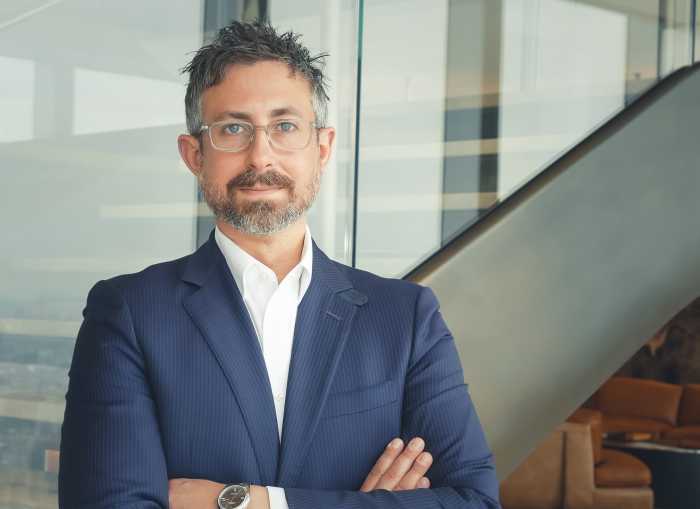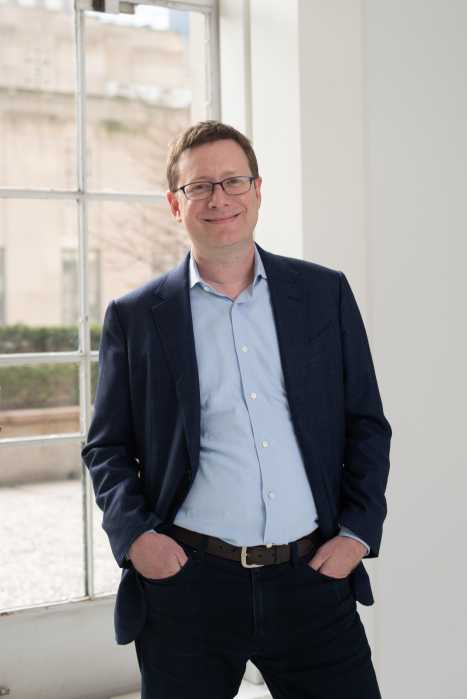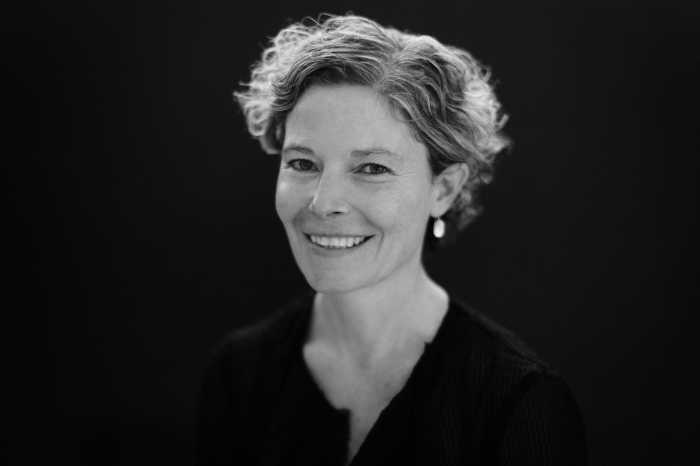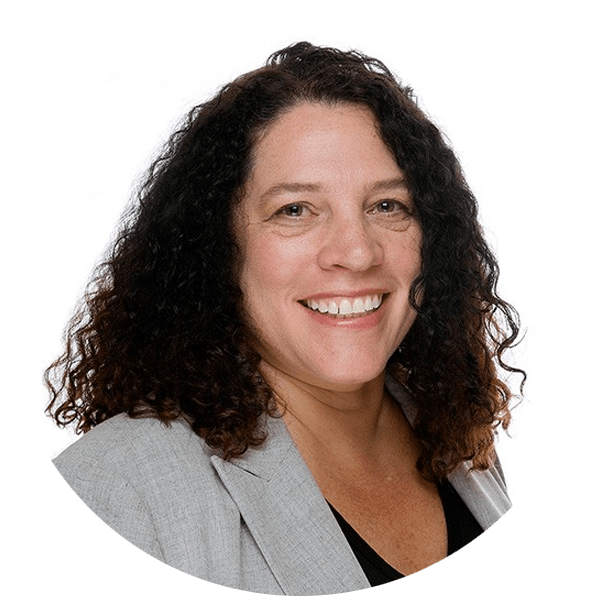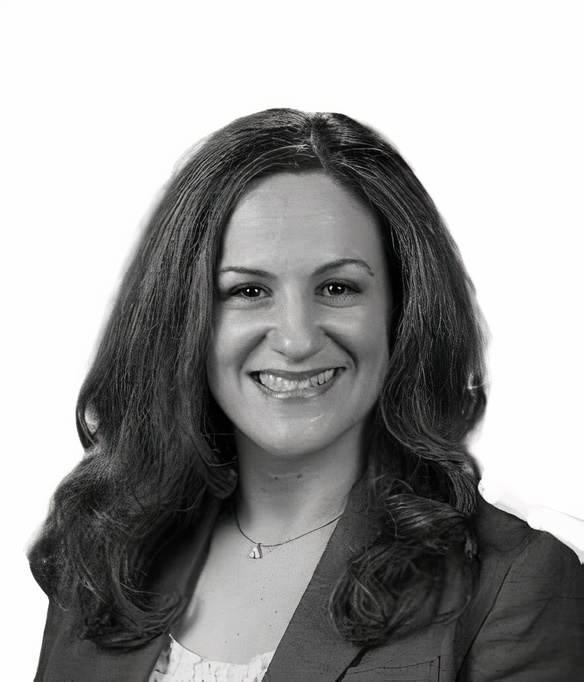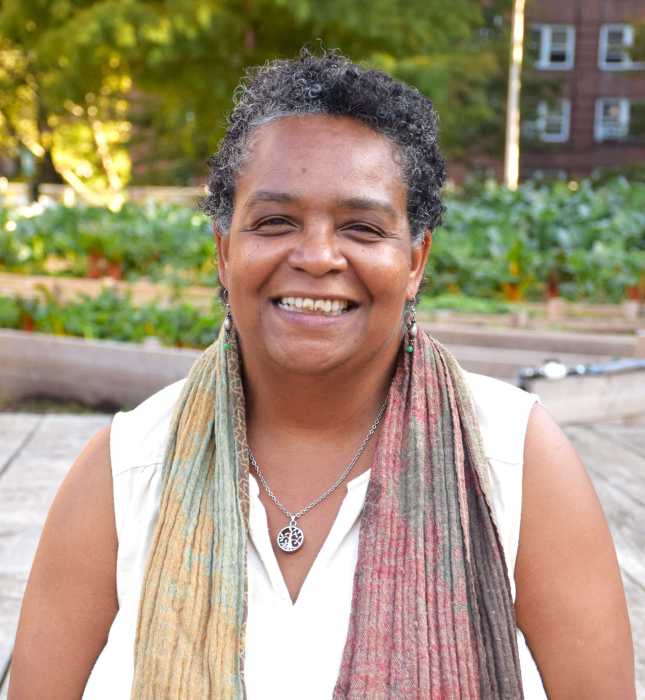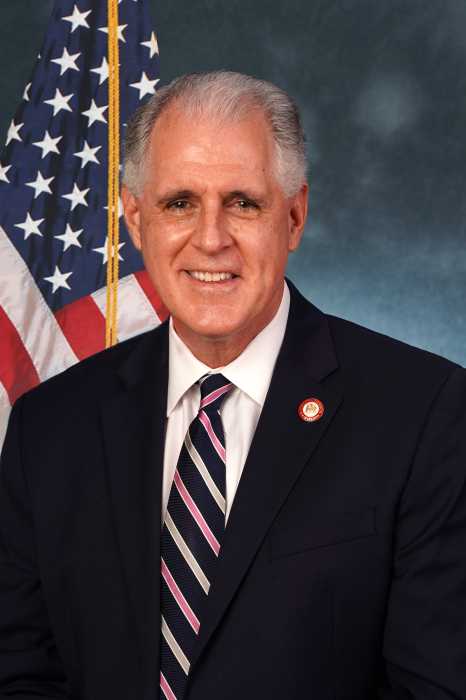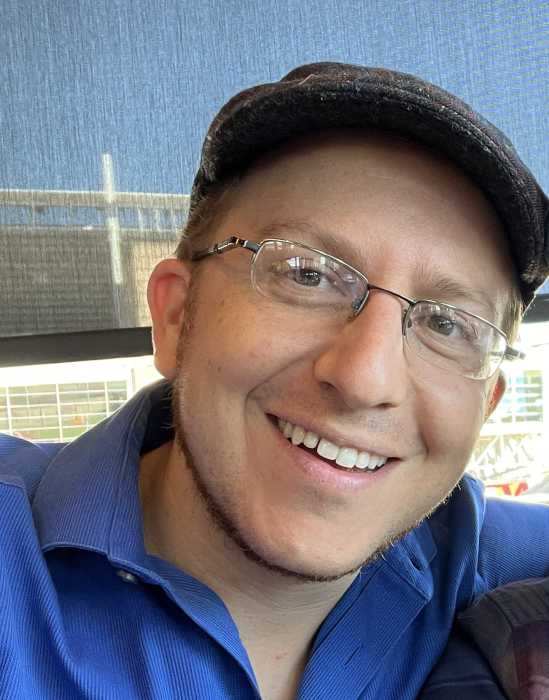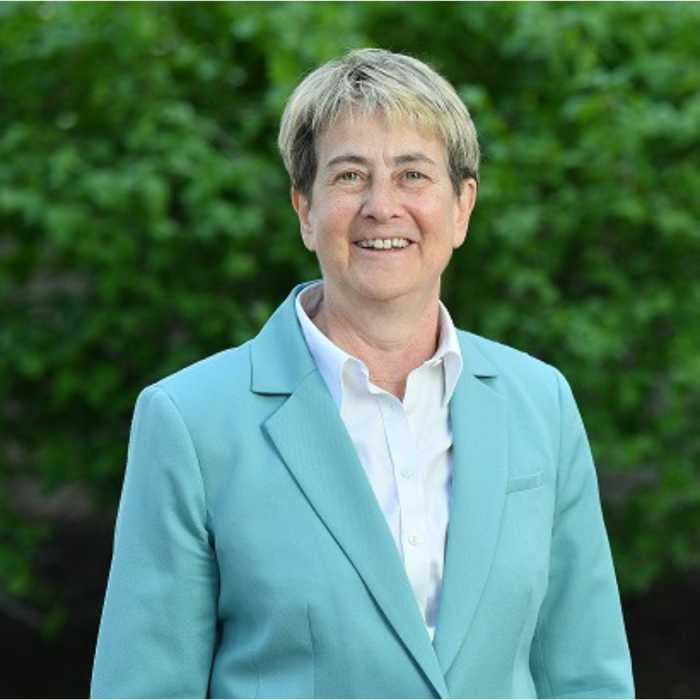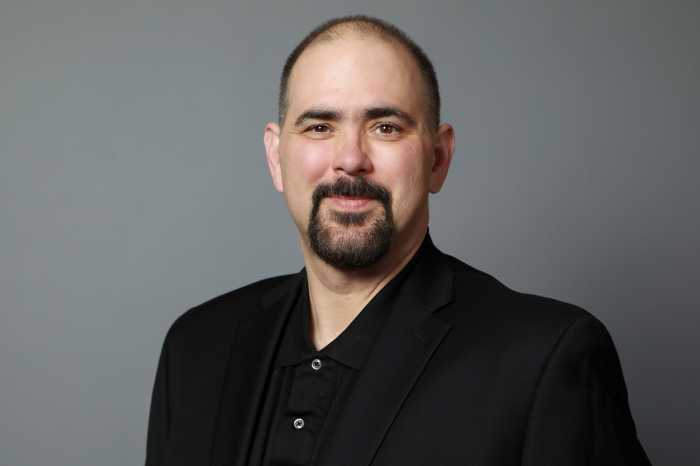Luke Falk is COO of Clean Path NY for energyRe, leading the development of renewable generation and transmission for one of the largest clean energy infrastructure projects in New York. Prior to joining energyRe, Mr. Falk served as senior vice president of Related Companies, where he led the energy and sustainability practice for Related’s global development portfolio.
What is one thing your organization hopes to accomplish in 2024?
energyRe, alongside NYPA and Invenergy, is advancing Clean Path NY– a project that will bring New Yorkers nearly eight million megawatt-hours of clean energy annually. energyRe is focused on decarbonizing cities – our nation’s highest energy load centers and the largest consumers of fossil fuels. In New York, that means adding capacity and resiliency to the state’s aging, fragmented electric grid so that our abundant renewable resources can plug in and power our communities.
Do you have any advice for someone looking to pursue a career in your field?
The energy transition is a huge undertaking that will impact many elements of our economy. No matter your professional or educational background, there’s a role for you to play in making it happen. You don’t need to be an engineer or have a degree in finance to make a meaningful contribution to a sustainable future.
What is one thing everyone can do to help protect the environment?
Learn more about efforts to bring clean energy to your community and vocalize your support for local sustainability and resiliency initiatives. Also, compost your food waste – it creates nutrient-rich soil that can support community-based and other agricultural initiatives.
What can policymakers do to aid in your organization’s work?
New York passed one of the most ambitious climate laws in the world – the Climate Leadership and Community Protection Act. The policy framework for climate action is in place; now, we need alignment and cooperation at the federal, state, and local levels to implement a just and swift transition to accessible clean energy that delivers enhanced public health and robust economic opportunities for all.



